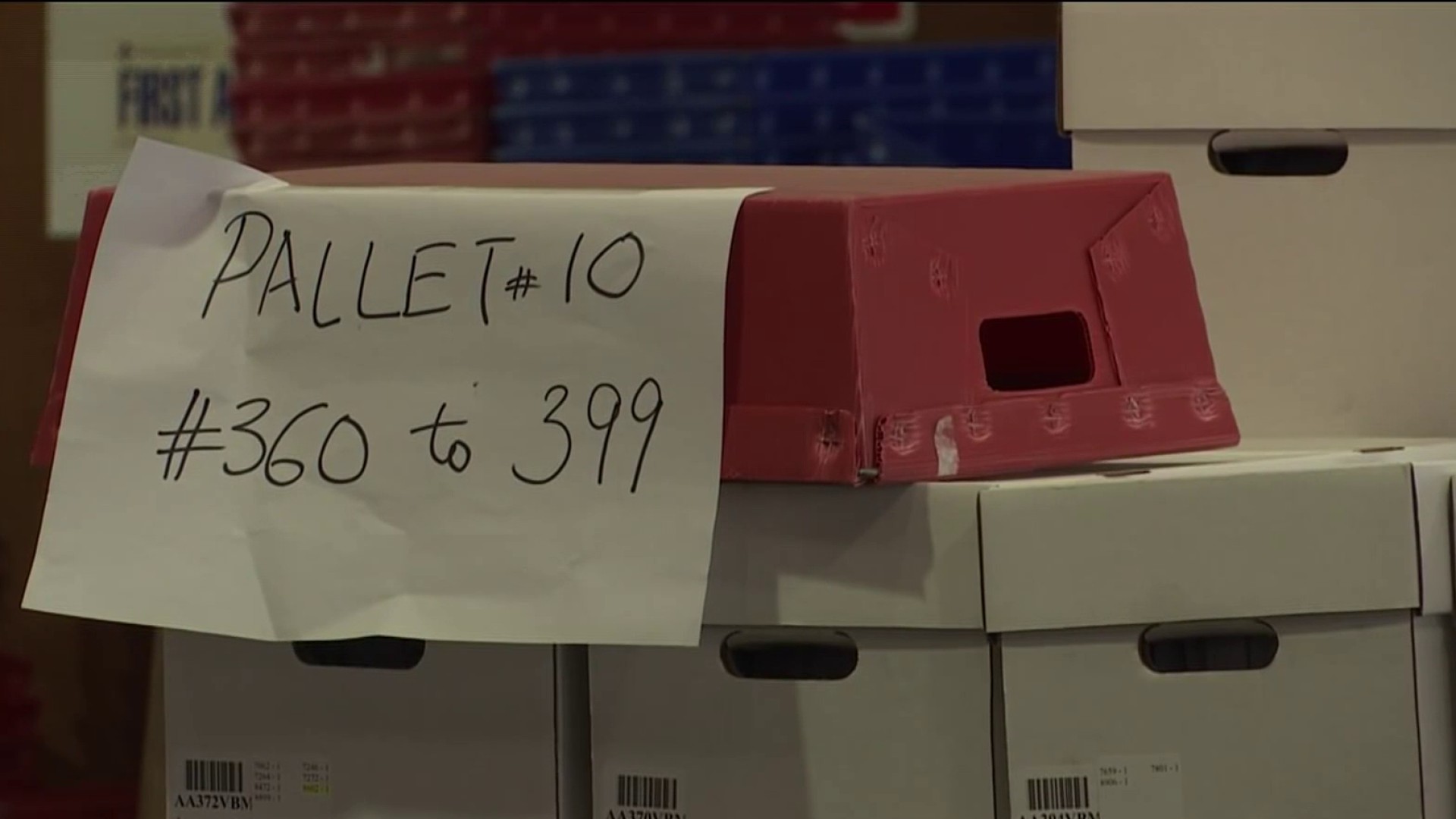If you’re one of the 1.3 million customers in the San Francisco East Bay who thinks the water lately has been tasting, well, kinda awful, you’re not crazy.
And starting Sunday, it’s going to taste and smell that way indefinitely – for as long as California’s drought lasts.
“Our water this year may taste and smell different than what we are used to,” East Bay Municipal District General Manager Alexander R. Coate said. “It’s not ideal. But the alternatives are much worse.”
He said if customers keep drinking from the cool, delicious Mokelumne River in the Sierra Nevada, then the entire ecosystem and the spawning salmon will be at risk later in the year.
That’s why, in March, EMBUD managers decided to start drawing water from a higher valve in Pardee Resevoir, between Amador and Calaveras counties, which is warmer and tastes different because of its chemical makeup.
EBMUD thought the switch would be temporary. But the drought conditions keep worsening and the Mokelumne River supplies are critically low.
So, EMBUD decided to go back to pumping from higher up in the Pardee Reservoir, where water nearer the surface is warmer, more sunlit and often has more algae than water deeper in the reservoir. The water is safe, officials have repeated, but can taste off for those with sensitive palettes.
Local
Spokeswoman Abby Figueroa said the algae is filtered, but leaves behind chemical compounds with a noticeable taste. When she drank it for the first time two months ago, she described it – diplomatically – as “earthy.” Her husband said, “What’s up with the water?” And one 12-year-old customer screeched when she first drank it, complaining that it tasted like blood.
Others, however, with less sensitive tastebuds, didn’t notice a change at all.
In addition, last month, EBMUD began filling two local reservoirs, San Pablo and Upper San Leandro, with a two-month supply of Sacramento River water bought through a federal contract. That water will be pumped into local reservoirs for several months
While these changes aren’t optimal, Coate acknowledged, they are better than the alternatives, like banning outdoor water use.
And those alternatives, he said, would be much “tougher to swallow.”



